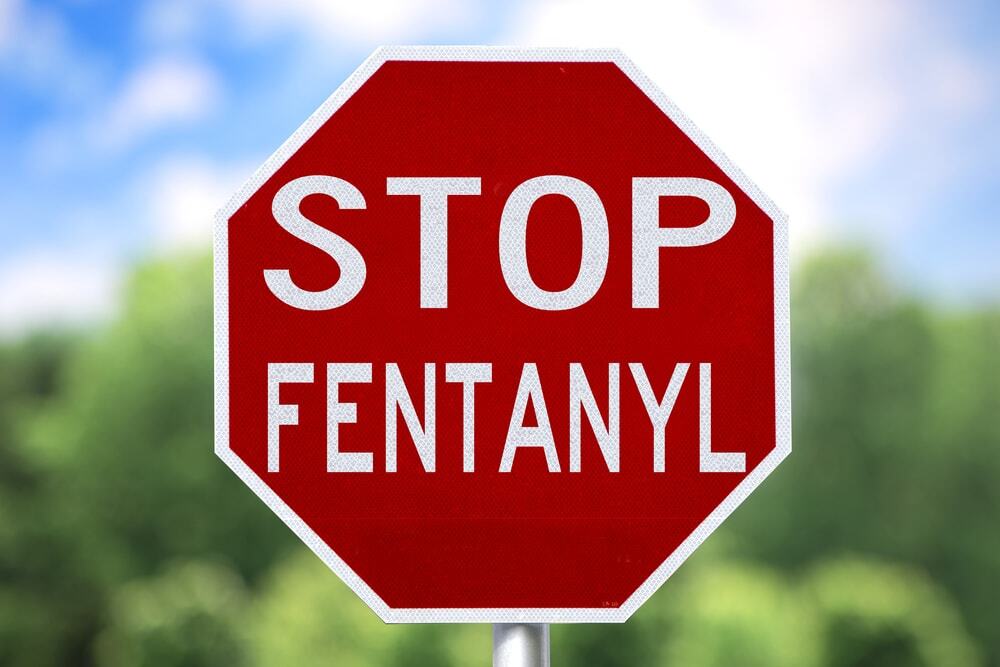Fentanyl is rapidly bringing this country to its knees in the sense of a “drug pandemic”. The death toles that have been brought from this opioid are increasing at alarming rates. The CDC reports 107,622 drug overdose deaths in 2021, that is 50 percent more than the previous year. The best resolution to fentanyl addiction is inpatient treatment with therapy and medication assistance (MAT). There is real help out there and many people recover everyday!
What Does Inpatient Treatment for Fentanyl Use Look Like?
Inpatient settings can have a variety of different aesthetics and senses to them, but you can usually expect some continuity across the board. The First and most important item of an inpatient treatment facility is being removed from one’s environment of where the addiction is taking place. Being in a safe space is a large emotional and mental barrier particularly in someone’s early sobriety. If an individual leaves a treatment facility before the initial agreed time and returns to the environment they were in previously then relapse is almost surely to follow.
Group therapy is among the most common and helpful assets of legitimate treatment centers. Group therapy is a setting where someone can get helpful feedback from a counselor as well as their peers in order to overcome problems. Relating to someone else while in treatment, particularly a peer, is extremely crucial to the recovery process. Group therapy can include a number of things listing from daily process group, psychoeducational, physical fitness, spirituality, meditation, role playing to even having fun sober!
Individual therapy is one on one with a therapist/ counselor. Usually individual therapy sessions last 45 minutes to one hour. This is one’s safe confidential time with a trained professional to discuss what is going on and try to get to the root of the major behavioral and mental problem. This can include trauma therapy, cognitive behavioral therapy, dialectal behavioral therapy, somatic experience, family/ couples therapy, EMDR and good old talk therapy.
Medication assisted treatment (MAT) is a massive help in the recovery process from fentanyl. This means that some type of long term buprenorphine and or naltrexone managed program would be in place. This can also include a long term buprenorphine taper. The strength of fentanyl is so powerful that often an individual requires assistance from proper medication, even if it is for an acute amount of time. According to SAMHSA medication assisted treatment drastically reduces the need for the inpatient detoxification process. They also claim that MAT increases recovery rate, survival rate and increase in employment retention. With a combination of therapy and MAT this is what is called a “whole-patient” approach to treatment.
What Does Aftercare Treatment for Fentanyl Addiction Look Like?
After care can range from several different things including continued intensive outpatient or outpatient group therapy, medication assisted treatment, sober or structured living, regular drug screens, individual therapy, psychiatric appointments with medication monitoring, and most importantly some sort of recovery group. Any number or combination of these items will absolutely help with long term recovery.
The recovery process is not a “one and done” sort of move. It takes work and serious thought process alteration. Just going to an inpatient program for 30 days most of the time is not enough to maintain healthy lifestyle/ habit changes. Here at Vanguard Behavioral we are with you every step of the way! Our main goal is for everyone to strive for success and receive the gift we all did years ago.
Let Us Help You!
Some of you may be contemplating getting real help and finding an inpatient program. The answer is you won’t know what inpatient treatment looks like unless you give it a try. Here at Vanguard Behavioral Health just know that you will be personally taken care of for your fentanyl use needs every step of the way.
Sources:
https://www.samhsa.gov/medication-assisted-treatment
https://www.cdc.gov/nchs/pressroom/nchs_press_releases/2022/202205.htm








